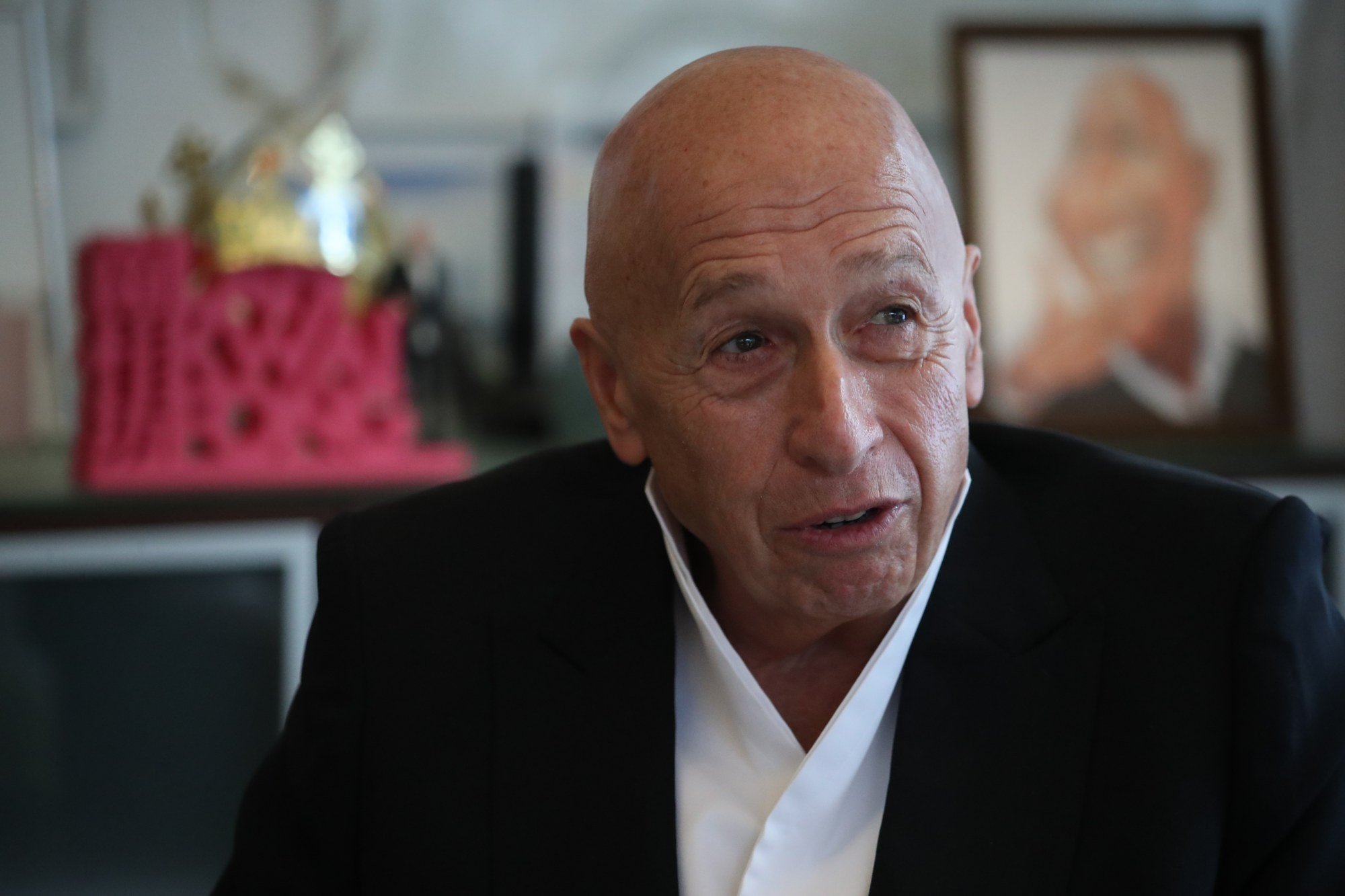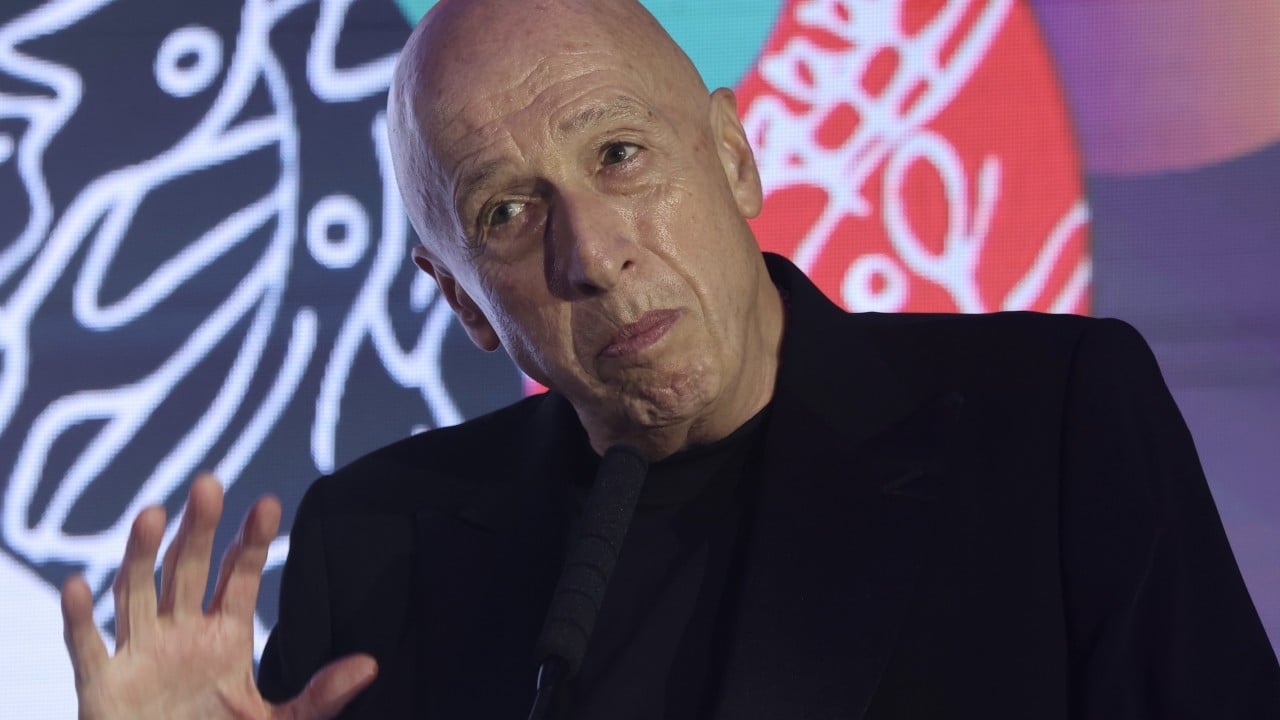Pushing out non-Americans at exclusive Hong Kong club smacks of discrimination, tycoon Allan Zeman says
An abrupt policy change by Hong Kong’s exclusive American Club to require non-US members to pay as much as HK$1.5 million (US$192,139) to retain membership or else leave smacks of discrimination amid geopolitical tensions between the West and China, a government adviser has said.
Business magnate Allan Zeman, a member of the Chief Executive’s Council of Advisers and chairman of the Lan Kwai Fong Group, said on Wednesday that the 100-year-old private club’s new policy targeting non-Americans did not look good.
“It doesn’t send a good message to the world because we’re in the midst of a geopolitical situation as well … You know, America is not China’s best friend,” he told the Post.
“They’re making a lot of people unhappy and it does seem a bit discriminatory.”
Zeman spoke out after club president Christopher Burgess announced in a letter to members, dated May 31, the new policy requiring non-American individual debenture holders to top up their membership by up to HK$1.5 million or leave the club.
A non-US member, who asked not to be named, said many of those affected were very angry and unhappy about the policy.

Members must submit their declarations of intention by August 31. Those who fail to do so or pay the first instalment of the top-up amount will have their debenture redeemed at face value and membership ended from September 1.
The club issued debentures of various values as a medium-term debt tool to fund major development projects from 1985 to 2007. Members who are not Americans have to pay a membership fee of between HK$1.6 million and HK$2 million by buying a debenture.
Burgess said the policy change stemmed from the club’s drive to improve its membership profile and maintain its non-profit tax status, which requires 50 per cent or more of the club’s operating revenues to come from voting American members.
The move could reduce the 500-strong group of non-American individual members who are non-voting.
Zeman, a corporate debenture holder who is not affected by the move, said the club might want to bring down the number of non-US members amid an exodus of American ones to continue to enjoy tax exemptions.
“I don’t remember any other clubs ever doing that. They probably had no choice in order to maintain this tax-free status,” he said. “There should be a very valid reason to justify a policy change.”
According to debenture conditions seen by the Post, the principal sum shall not be repayable on demand by the debenture holder, but may be paid off by the club at any rate upon not less than one month’s notice in writing.
The club may redeem any particular debenture by such notice without redeeming the remainder.
The club needs to address the public and better offer further explanation as to the rationale
Lawmaker Holden Chow Ho-ding of the Democratic Alliance for the Betterment and Progress of Hong Kong agreed the policy change would create a rather unpleasant impression about its motive.
“Although I would not try to second-guess the motive behind such a move, it will inevitably create a perception to the public that non-American members are compelled to bear a tremendous burden, and thus people might doubt if there is anything to do with geopolitics,” said Chow, a solicitor by profession.
“The club needs to address the public and better offer further explanation as to the rationale behind.”
He said membership should be apolitical and have nothing to do with geopolitics. “If that perception is formed, I am concerned other clubs will follow suit,” he said.
Executive Council member Ronny Tong Ka-wah, also a barrister, declined to be drawn on whether the move would fall foul of the racial discrimination law, saying it all depended on what by-laws or terms of the debentures said.
The Equal Opportunities Commission said it did not comment on individual cases and would not disclose whether it had received complaints about a particular organisation based on confidentiality.
“The Race Discrimination Ordinance makes it unlawful to discriminate against, harass, and vilify a person on the ground of the person’s race within prescribed areas of activities,” it said, adding that those suspected to be subjected to racial discrimination can complain to the commission.
The American Club, founded in 1925, said in its mission statement that it was dedicated to being a premier spot for social, recreational and business activities for members and their families in a distinctively US atmosphere.
Membership stood at 2,909 – 52 per cent American, 19 per cent Hongkongers and 10 per cent British.
The Post has asked the club for comment.


